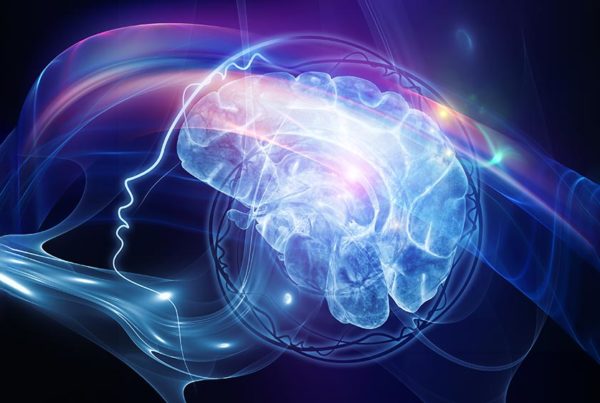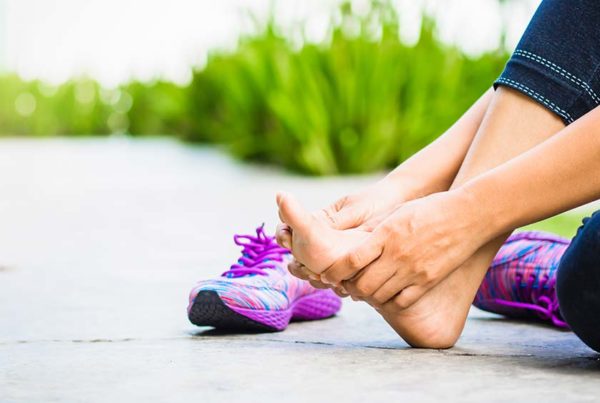
A great night’s sleep is part of the foundation for good health. Good sleep is not restless and shouldn’t involve waking up during the night, and you should arise in the morning refreshed and energized.
Great sleep is also important for fitness. It’s essential for proper recovery from exercise, which is as important as the workout itself.
Poor sleep is more than just annoying — it is a public health problem. In the U.S. alone, up to 70 million adults have some type of sleep disorder. Sleep insufficiency is linked to motor-vehicle crashes, industrial disasters, medical and occupational mistakes, and other forms of human error. Those experiencing sleep insufficiency are also more likely to suffer from chronic diseases such as hypertension, diabetes, depression and obesity, along with cancer, increased mortality and reduced quality of life.
Clearly, we don’t thrive as well without great sleep.
While adults require seven to nine hours of uninterrupted sleep each night, children and adolescents need at least 10 to 12 hours.
Unfortunately, studies show that about 30 percent of adults reported an average of six or less hours of sleep per night. The same number of high-school students only got eight hours of sleep on an average school night. Based on my clinical experience, about 50-60 percent of new patients did not get healthy sleep.
Poor sleep, whether minor or major, and regardless of the name for the problem, means that something is wrong with some aspect of health or fitness. The most common sleep problems are described below.
Insomnia
Characterized by an inability to initiate or maintain sleep, insomnia often takes the form of early morning awakening, in which the individual awakens several hours early and is unable to resume sleeping.
Those with adrenal dysfunction from excess stress sometimes fall asleep easily (due to fatigue) but wake in the middle of the night and have trouble going back to sleep. This is because the body is releasing high levels of the stress hormone cortisol at night, when levels should be low. Many people say they wake up to urinate, but it’s usually because of the cortisol. The urge to urinate comes after.
Sleep Apnea
Snoring may be more than just an annoying habit — it can signify sleep apnea. People with sleep apnea characteristically make periodic gasping or “snorting” noises, during which their sleep is momentarily interrupted. Because interrupted sleep is often not restorative, this leads to excessive daytime sleeping.
Sleep apnea is associated with other serious conditions such as congestive heart failure, nasal obstruction and excess fat storage. The overconsumption of carbohydrates, especially from junk food, is a common cause of sleep apnea. Performing the Two Week Test to determine carbohydrate intolerance can help improve sleep quality significantly.
Drugs
A variety of drugs can impair sleep. These include alcohol consumed too close to bedtime (or after about 6 pm), caffeine (sometimes even a cup at lunchtime), nicotine and pain medications, especially aspirin and other NSAIDS.
Daytime Sleepiness
This is the most typical consequence of inadequate nighttime sleep. It can occur even in the absence of sleep apnea, insomnia or medications that produce drowsiness. This issue is often associated with the overconsumption of refined carbohydrates.
Daytime sleepiness typically occurs after meals. This may indicate a lack of nutrients such as glucose or oxygen to the brain (usually caused by blood-sugar swings), and could lead to poor brain function.
Narcolepsy
This is a medical condition characterized by excessive daytime sleepiness. It is sometimes combined with sudden muscle weakness that may be elicited by strong emotion or surprise. Episodes of narcolepsy have been described as “sleep attacks” and may occur in unusual circumstances, such as walking and other forms of physical activity.
Sleep Tips
Lifestyle modifications are sometimes necessary to improve sleep habits. These simple recommendations can help create the best sleeping environment:
- Go to bed about the same time each night and rise about the same time each morning.
- Eliminate noises, electronics, and lights in the bedroom.
- Have a healthy, comfortable bed with natural bedding.
- Keep the room a bit cooler with adequate humidity.
- Take a warm bath, hot tub or sauna before bed.
- Avoid watching TV late at night.
- Avoid drinking alcohol or caffeine at least two hours before bed.
- Do your evening reading on a couch or chair in another room.
One way to find out how much sleep you need is to avoid using an alarm clock. Go to bed when you feel tired and get out of bed when you wake up.
Don’t turn to sedatives and sleep aids to help you sleep. These drugs can have negative side effects. Instead, getting healthier can restore normal sleep patterns, and help eliminate daytime sleep disorders.








